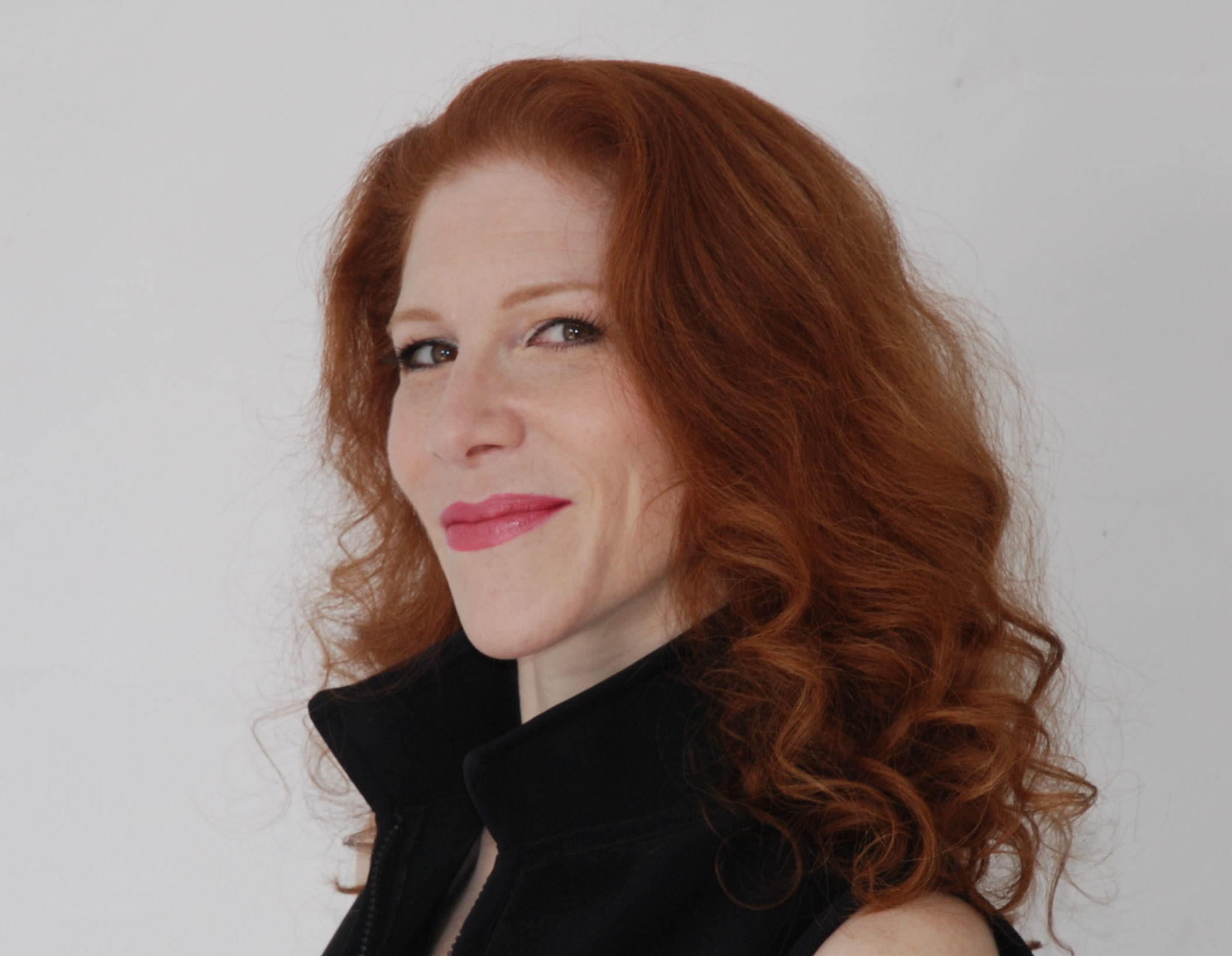Q: I’m a 57-year-old lesbian, and I’m only attracted to much younger women (very early 20s). We’re obviously in very different places in our lives, and these “relationships” don’t last very long. I also get a lot of grief from my friends. I can’t change who I’m attracted to, but I would like a long-term relationship.—Seeking
A: Your previous girlfriend probably remembers prom like it was yesterday—because, for her, it kinda was.
Making matters worse, millennials and post-millennials (generally speaking) are the most overprotected, overparented generations ever—to the point where university administrators probably have stern talks with at least a few parents: “Your son is a freshman in college. You can’t be sneaking into the dining hall to cut his food for him.”
Sure, there are probably some precociously mature 20-somethings out there. However, it usually takes a chunk of life experience—and relationship experience—for a person to grow into who they are and figure out what they want in a partner. So, as a 57-year-old woman, you’re probably as well-paired with the average 22-year-old as you are with the average head of lettuce or desk lamp.
But say—one day while you’re cruising the aisles at Forever 21—you find the 20-something lady Socrates. There’s still a problem, and it’s the way society sneers at a big age gap between partners. The thumbs-downing comes both from a couple’s “own social networks” and from “society at large,” finds social psychologist Justin Lehmiller. However, “perceived marginalization by one’s social network” appears to be most damaging—“significantly” predicting breakups.
Granted, it’s possible that you have some rigid age cutoff in the regions of your brain that do the “hot or not?” calculations. If that’s the case, simply finding a woman who’s young-looking is a no-go. But ask yourself whether you simply prefer the springier chickens and are actually just afraid of the emotional risks required in being with somebody closer to your age. That’s something you can work to correct. Ultimately, if you want a relationship, the answer to your, “Hey, babe … where have you been all my life?” shouldn’t be, “Um … waiting for my parents to meet so I could do the fun stuff fetuses do, like kickboxing in the womb and giving my mom gestational diabetes.”
Q: I’m a 36-year-old single woman. I’ve noticed that the more I like a guy, the more nervous I get, and the louder, more irreverent and more inappropriate I become. I’m actually a really sweet girl. How can I stop doing this?—Unintentionally Brash
A: Your cocktail party conversation shouldn’t translate to, “I mean, come on … do I really seem like a danger to myself and society?!”
To calm down so you can talk like a person instead of a scary person, it helps to understand—as I explain in my new “science-help” book, Unf*ckology—that “emotions aren’t just thinky things.” They have a basis in the body. The human brain is a marvel, but we can take advantage of how it’s also about as easily tricked as my dog. Take the bodily reaction of fear—pounding heart and all—which also happens to be the bodily reaction of being excited. Research by Harvard Business School’s Alison Wood Brooks finds that you can “reappraise” your fear as excitement—by repeatedly saying aloud to yourself, “I am excited”—and actually shift yourself from a “‘threat’ mind-set” to an “‘opportunity’ mind-set.”
Also, some dude you’re flirting with probably isn’t the last man on the continent. Keeping that in mind, reframe your interaction as a mere opportunity for something to happen with him—and an opportunity to figure out whether it’s a good idea.
You do that not by selling yourself like it’s 4:56pm on Sunday at a yard sale, but by asking him about himself. Counterintuitively, you’ll probably be at your most attractive by leaving a man guessing about you—as opposed to leaping to conclusions, like that you were the little girl who beheaded all the other little girls’ Barbies.








